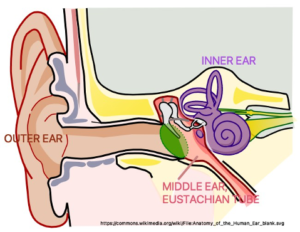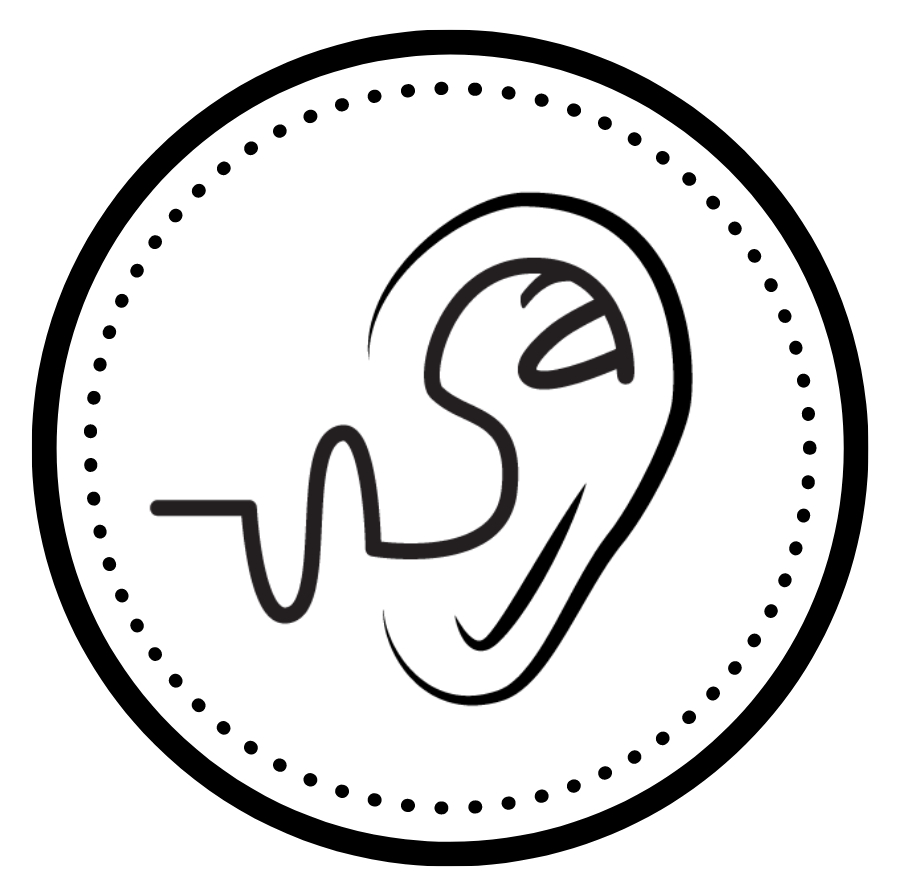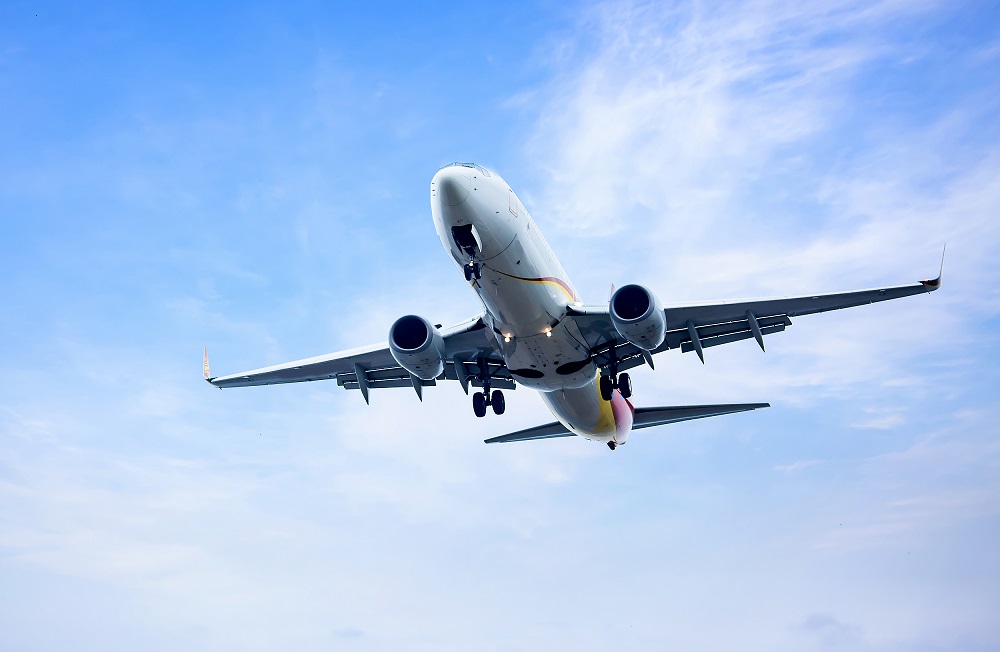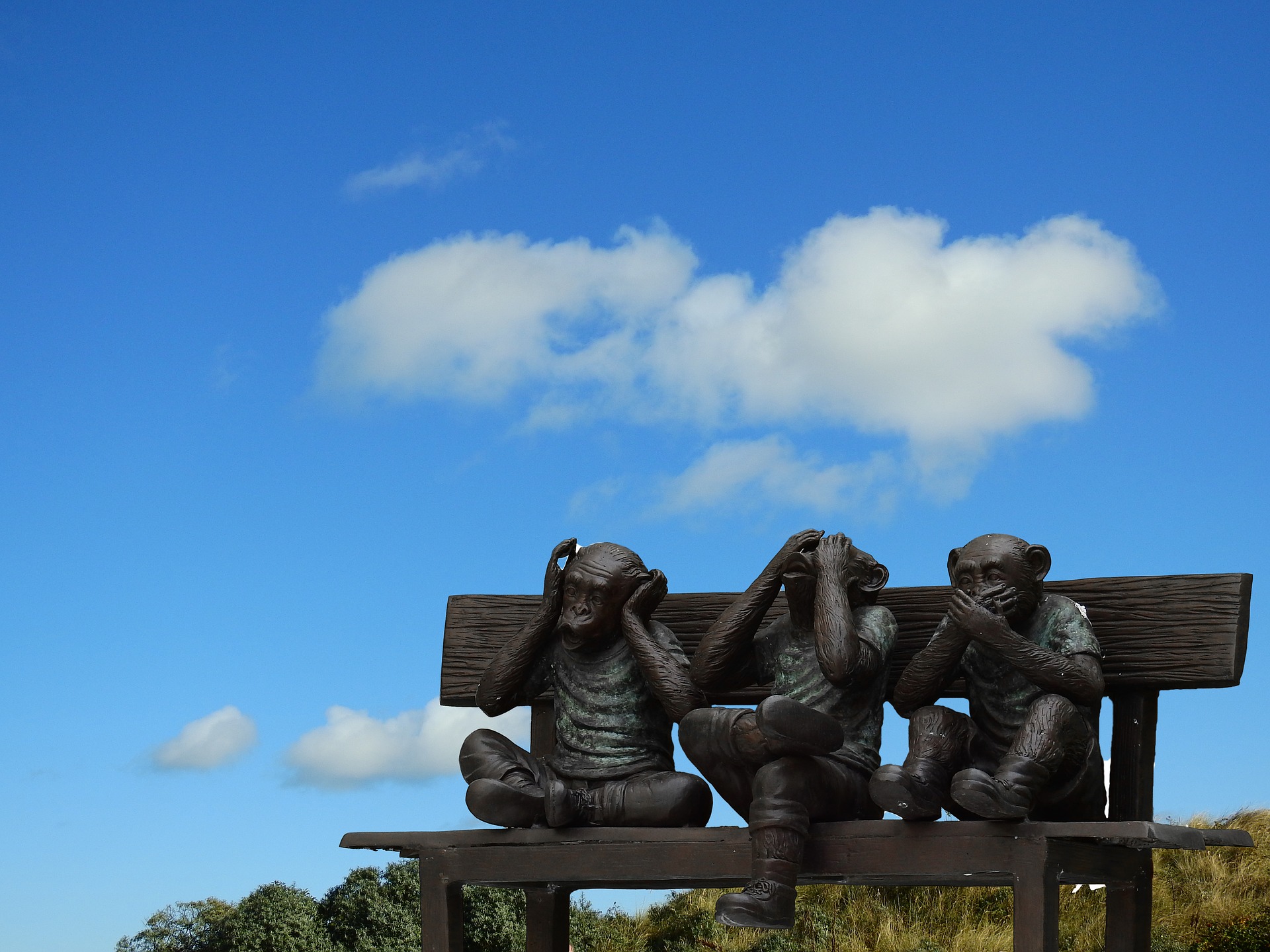The COVID-19 pandemic has prevented me from feeling comfortable with travel beyond the U.S. borders, so I figured I would channel all my thoughts here to share a post about air travel and ear pain!
Ever plan a trip somewhere only to dread the portion where you have to board an aircraft for several hours in a pressurized hotdog-sized space with 200+ strangers? Ohhh yeah. It doesn’t matter if you’ll be swimming in the warm beaches of Jamaica or hiking through lava rocks in Iceland – the many hours between you and your final destination trapped in a cramped space on a fast-moving vessel is hardly never the most memorable part of your upcoming trip.
Air Travel and Ear Symptoms
In addition to all the discomfort, you might also have ear problems. Or nausea. But let’s focus on what’s relevant to audiology.
Ear problems can be a challenge for many travelers by airplane. In most cases, ear symptoms are temporary and usually minor. For others, the ear symptoms may persist long after the plane lands and travelers are back on the ground.
How to relieve ear pain and ear pressure while traveling?
- Chew gum before take-off, during the flight, and/or when the Captain announces that the plane will be landing in 20-30 minutes
- Swallow often (saliva, obviously, not the gum)
- Drink water or hydrating fluids during the flight
- Pinch your nose and breathe in through your mouth. Recreate the motion of blowing your nose by forcing air back into your nose to open up your Eustachian tube. This will equalize the air pressure between your environment and in your head.
- Use special ear plugs designed to regulate air pressure and relieve pressure discomfort while flying (e.g. Ear Planes)
Ears, pressure, and altitude change. What’s going on?

First, familiarize yourself with the Eustachian (pronounced as “you-stay-shun”) tube. It is a narrow, air-filled tube that connects the middle ear space to the nasopharyngeal area (behind the nose and throat). A normal functioning Eustachian tube remains closed to maintain the internal pressure of the middle ear until a yawn or swallowing effect causes the tube to “open” and equalize the middle ear pressure with the atmospheric pressure.
When a person is on an airplane that is flying up into the sky at thousands of feet per minute, or descending toward the Earth’s ground at a very fast speed, the quick change in atmospheric pressure can cause a pressure difference between the middle ear and outer ear.
As the aircraft flies up into the clouds, the air in the middle ear space expands with increasing altitude. As the aircraft descends to land on the ground, the air in the middle ear space compresses with decreasing altitude. Quick changes in atmospheric pressure can cause the ears to feel “stuffy” or “plugged” because the Eustachian tube has not yet had a chance to open up and equalize the pressure between the middle ear and your surrounding atmosphere.
In normal cases, the Eustachian tube can be forced open to activate pressure equalization in the ears by swallowing or yawning. Some people may also perform the Valsalva maneuver for relief. If the Eustachian tube is blocked due to swelling from a cold, severe allergies, or a sinus issue, it may not open as expected to allow for pressure equalization in the ears. Prolonged pressure build-up in the middle ear may also lead to ear pain.
Avoid flying if you have a cold, nasal/sinus infection, or a bad allergy attack. You will feel awful x 1000.
But if you must fly, talk to your primary care physician about how to manage ear symptoms before you takeoff for the clouds. You may want to consider over-the-counter decongestants, antihistamines, or a nasal spray to prepare yourself for the ear pressure that will quickly build-up as your plane changes altitudes. You might experience temporary hearing loss or muffled hearing ability when this happens.
Always, always consult with your physician before taking any kind of new medication, especially if you have heart disease, high blood pressure, thyroid disease, prostate issues, or if you are pregnant. Over the counter or not, you may have a condition that could increase your risk for worse things beyond just ear pain. Don’t complicate things for yourself, plan ahead and be prepared.
Final thoughts
Ear pain is no fun, but we have to figure out how to overcome it so that we can have a little fun. Safe travels to those of you flying around out there. Be safe and wear a mask to protect yourself and others around you during these troubling times!





Pretty nice post. I just stumbled upon your blog and wanted to say that I’ve truly enjoyed surfing around your blog posts. In any case I will be subscribing to your feed and I hope you write again very soon!